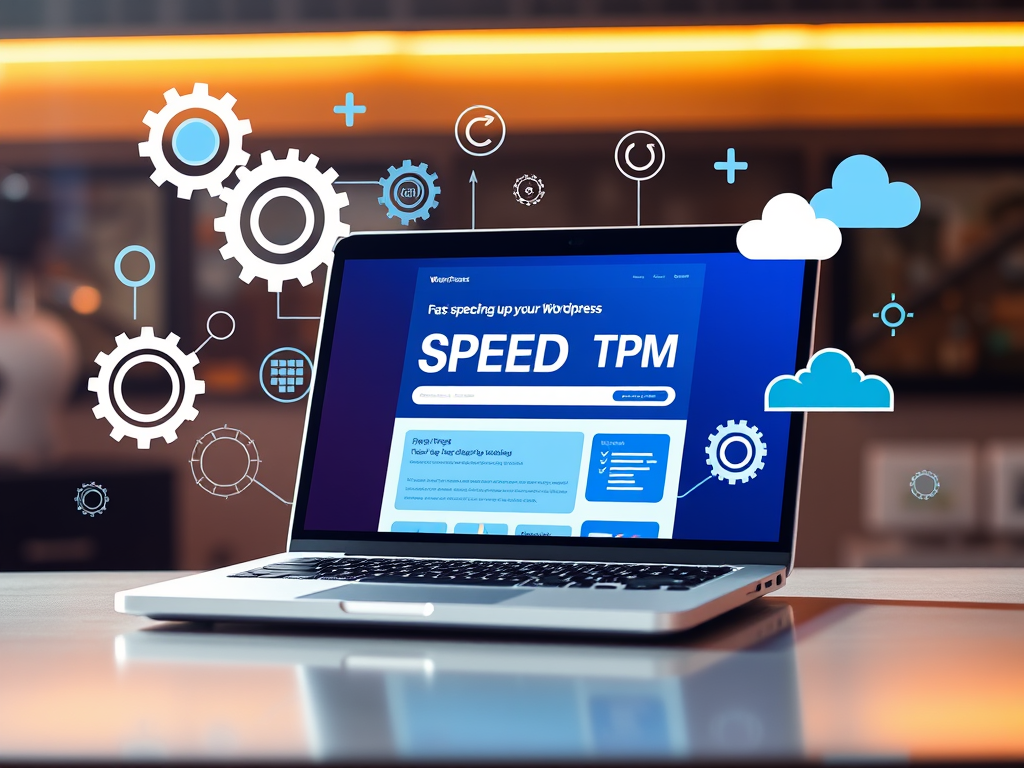Speed up your wordpress website? here is few simple steps

To speed up a WordPress website, optimize image sizes, use caching plugins, employ a Content Delivery Network (CDN), and ensure your hosting provider is reliable. Additionally, consider using lightweight themes, regularly updating plugins and themes, and minimizing CSS and JavaScript files.
Here’s a more detailed breakdown:
To speed up a WordPress website, optimize image sizes, use caching plugins, employ a Content Delivery Network (CDN), and ensure your hosting provider is reliable. Additionally, consider using lightweight themes, regularly updating plugins and themes, and minimizing CSS and JavaScript files.
Here’s a more detailed breakdown:
1. Optimize Images:
- Reduce file sizes:Use tools like WP Smush or TinyPNG to compress images without significant quality loss.
- Use the right formats:Choose JPEG for photos, PNG for graphics with transparency, and WebP for the best balance of quality and size.
- Implement lazy loading:Delay loading images and videos until they are needed, as the user scrolls down.
2. Utilize Caching:
- Install a caching plugin:WP Rocket or W3 Total Cache can significantly improve load times by storing static versions of your website.
- Enable browser caching:Configure your website to store cached versions of pages for repeat visitors.
3. Leverage a CDN:
- Choose a CDN provider: Cloudflare or Amazon CloudFront can deliver your website’s content from servers closer to your users, reducing latency.
4. Ensure Reliable Hosting:
- Choose a reputable provider:A reliable hosting provider with good uptime and resources will significantly impact website speed, says HubSpot.
- Upgrade your hosting plan if needed:If your current plan is not meeting your needs, consider upgrading to a more powerful plan, suggests HubSpot.
5. Other Important Tips:
- Regularly update your plugins and themes:Outdated software can introduce performance issues and security vulnerabilities, says WordPress.com.
- Use a lightweight theme:Choose a theme that is designed for speed and avoids unnecessary features, says HubSpot.
- Minimize CSS and JavaScript:Use tools to compress and combine CSS and JavaScript files to reduce the amount of code that needs to be parsed.
- Clean up your WordPress database:Remove unused plugins, old revisions, and spam comments to optimize database performance, suggests HubSpot.
- Use the latest version of PHP:Upgrading to the latest version of PHP can provide performance improvements, says Yoast.
